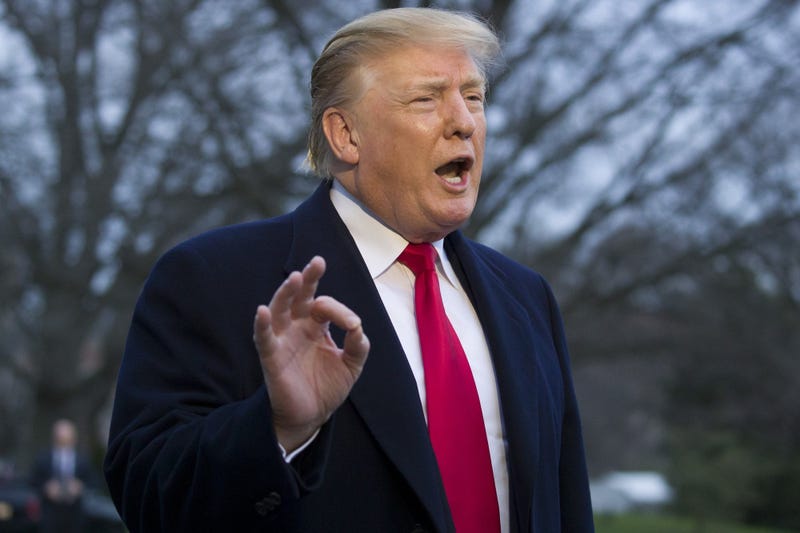
BUFFALO, N.Y. (WBEN) - After President Trump's threat to increase tariffs on China from 10 percent to 25, uncertainty in the market caused notable losses in the stock market on Monday.
The tariffs imposed by President Trump further add to the speculation of a trade war between the two nations, which only adds to the uncertainty in the markets.
"I think a trade war is going to be bad for everybody," Hutton said. "Even when we have a lot of great economic things like we've had, sometimes a trigger will cause a fairly stark contraction. This is a potential type of action that could cause something like that."
Hutton is also keeping an eye on the federal reserve's impact with the trade developments, which he said will drive the markets for future.
Congressman Chris Collins on Monday said he supports the president's tariffs on China.
"It's been noisy but let's face it, China is a net exporter into the United States," Collins said. "They depend on our economy. So President Trump is dealing in a position of strength. But in that, there are unintended consequences. We're dealing with it on the steel tariffs and some of those impacts, as well as the aluminum, the retribution from China on our agricultural problems."
